Explore the dynamic world of Open Educational Resources and discover how OER Africa is driving the movement forward. This page is divided into two sections:
Articles: Our articles aim to deliver insights on OER-related themes that inform, spark conversation, and engage with the developing open education landscape, with a particular focus on Africa.
Updates: Below, the articles, you'll find updates on OER Africa’s latest initiatives, activities, and contributions to the OER community.
Articles
This section features targeted articles crafted specifically for educators, students, and the global Open Educational Resources (OER) community. The articles examine themes related to OER, offering insightful perspectives and information. The content seeks to inform, prompt discussion, and actively engage with the dynamic landscape of open education, particularly within the African context.
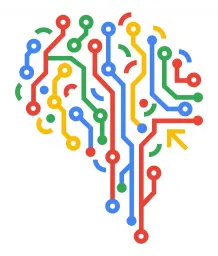
African languages are vastly underrepresented in the global knowledge pool, even though scholars at Harvard University believe that Africa is home to about one third of the world’s languages. This week, we delve into how Artificial Intelligence can assist with African language representation, and some of the challenges therein.
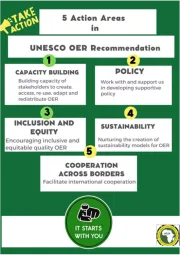
In August 2023, the African Library and Information Associations and Institutions (AfLIA) and Neil Butcher & Associates (NBA) co-published an Overview for African Librarians on the UNESCO OER Recommendation and Open Knowledge.
A William and Flora Hewlett Foundation grant to NBA funded the research and writing entailed in producing the Overview.
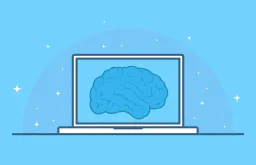
Over the past year, news about Artificial Intelligence (AI) has abounded. Information about breakthroughs and new applications have become commonplace, and we have been thrust into a world where AI-enabled technologies are starting to change how we work and live.
In this article, we consider three ways that AI might change how we use OER.
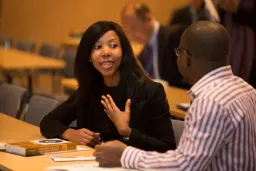
There have been several recent calls for Continuous Professional Development (CPD) to take a more prominent role at the higher education level. OER Africa is in the process of developing three CPD frameworks to structure capacity building for academics, academic librarians, and senior management in higher education institutions.
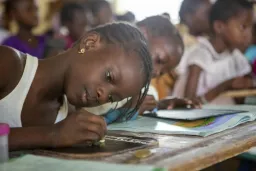
Well-designed and implemented national education policy is an indispensable tool for creating and sustaining vibrant Open Educational Resource (OER) ecosystems and promoting OER adoption. A new report by Neil Butcher & Associates provides insight into the current global OER policy landscape, outlining their research on national OER policy development and implementation.
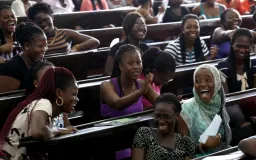
Since 2019, the United Nations Educational, Scientific, and Cultural Organization (UNESCO) has celebrated the International Day of Education on 24 January. This, year the theme is “to invest in people, prioritize education.” This week, we draw parallels between the International Day of Education, the OER Recommendation, and OER capacity building.
Updates
This section provides updates on OER Africa’s initiatives and activities. Stay informed about our contributions to the OER community and how we are driving the open education movement forward.
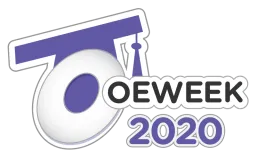
Founded in 2013 by the Open Education Global (previously Open Education Consortium), the goal of Open Education Week is to raise awareness and showcase impact of open education on teaching and learning worldwide. Open Education Week has become one of the most foremost global events recognizing high achievement and excellence in open education.
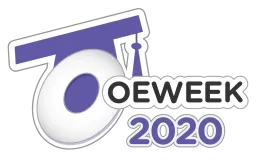
Open Education Week (OEW) aims to raise awareness and showcase the impact of open education on teaching and learning worldwide. It spotlights amazing work from over a dozen categories including live, face-to-face events, webinars, projects, and resources.

This report assesses students’ access to educational materials in select institutions within Commonwealth countries. The findings indicate that learners are now engaging with a complex ecosystem of learning materials, both print and digital, in a multitude of differing forms and formats, with various terms of use and durations of sustained access.

This paper demonstrates how the features and affordances of open learning have been developed in new and productive ways to provide school-based continuing professional development for teachers in Zambia.


The guidelines describe the whole process for designing and implementing OER policy in seven chapters, each representing a clear phase in the whole process. The chapters introduce the purpose of the phase and provide background information and references with practical examples for illustration.
